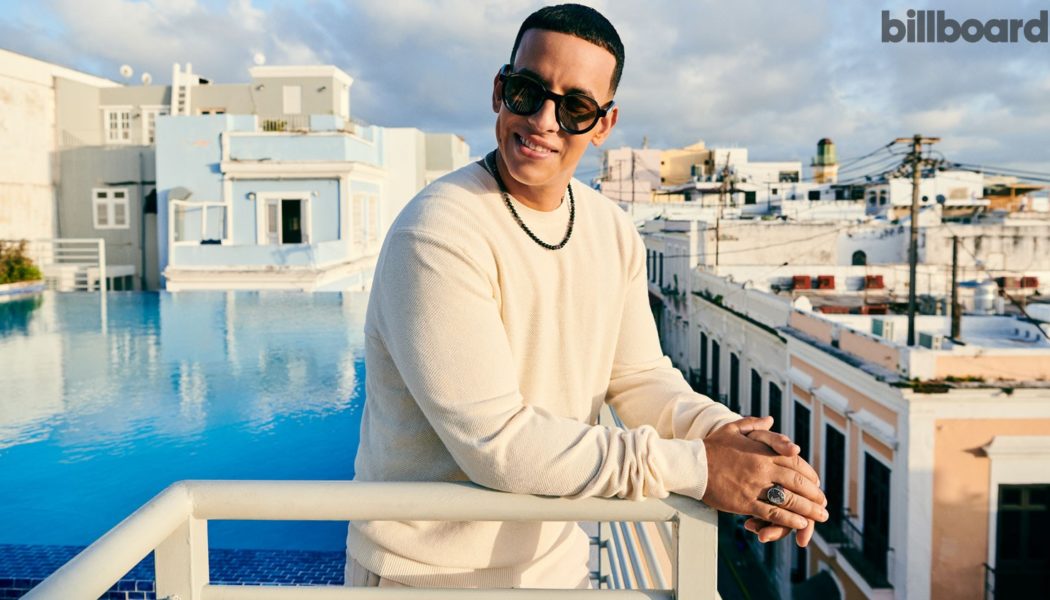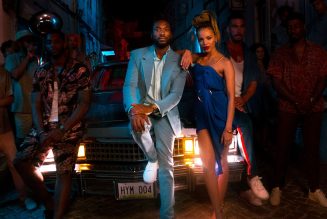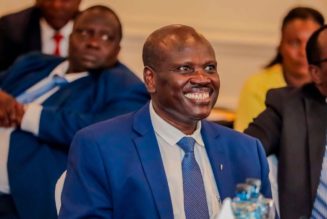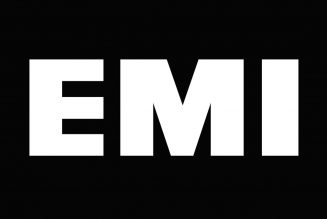
Yes. When I’ve had to pay someone for the respect, I’ve done so. “I’m worth so much” — OK. I’ve always understood an artist’s value. If we collaborate and you charge me X, that’s fine. Most of my collabs are exchanges, but remember, there’s a very fine line there. What if my song works, but yours doesn’t? Hopefully both tracks work, but that’s not always the case, and I get that. I get that you have a value that you need me to cover so that in the end, we’re all in a good place.
But the business is flexible, and I’m flexible in many areas. I understand that sometimes, we’re talking about cultural moments rather than simply chart position. “China” [Anuel’s hit featuring Karol G, J Balvin, Ozuna and Yankee] is a good example. I saw it as a song that was important for the genre. When we do these collabs with many artists, there are times when [I’ve agreed to divide splits] in equal parts, because it’s important for the genre. Cultural vision is what has allowed me to take a big-picture approach versus simply focusing on the hit.
You’ve never had a traditional manager. Why?
In the past few years, Raphy Pina has stepped in as a partner. He helps Mireddys with the management, but I never had a manager per se. I had management offers and agency offers but back then, they didn’t understand Latin urban culture [Yankee is now represented by WME]. Agencies didn’t even have Latin divisions. Now they do. I got invited to Coachella [years ago], for example, and the pay was ridiculous. They kept saying, “It’s Coachella.” My reply was: “Get educated on what my value is, and who my fan is.” I was already playing [arenas like] Madison Square Garden and Staples Center, you get me?
Well, it took many years for reggaetón to be accepted not only in the mainstream U.S. market but also in countries like Mexico and Argentina. What role did you play in that?
I like to say I took the bullets. I wanted people to understand my essence, where I come from, what I represent. But at the same time, I wanted to take my culture to the very top. I can’t tell you there was a formula. Reggaetón was initially only known on the East Coast. When I released Barrio Fino, the West Coast didn’t get it. I’d go to Los Angeles or Mexico and people knew Daddy Yankee, but they didn’t know what reggaetón was. I had to take the culture with me everywhere so it became permanent instead of fizzling out like other genres where artists simply promote themselves. When I did promotion, I talked about all the artists in my album: “This is me. But this album also features Zion & Lennox, Plan B, Ivy Queen.” I had to play their music and say, “This is them. This is reggaetón.”
Your current album falls under your longtime Universal distribution deal. What would you have done if you weren’t under that contract?











